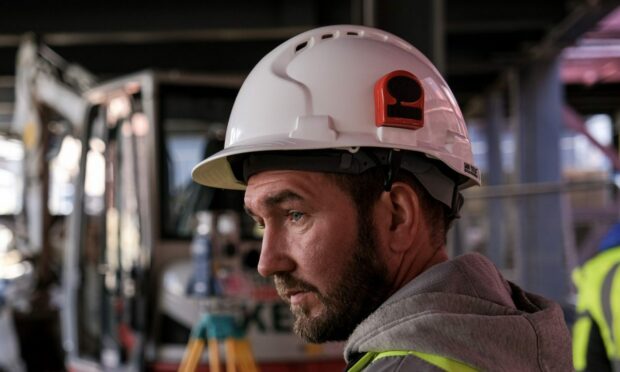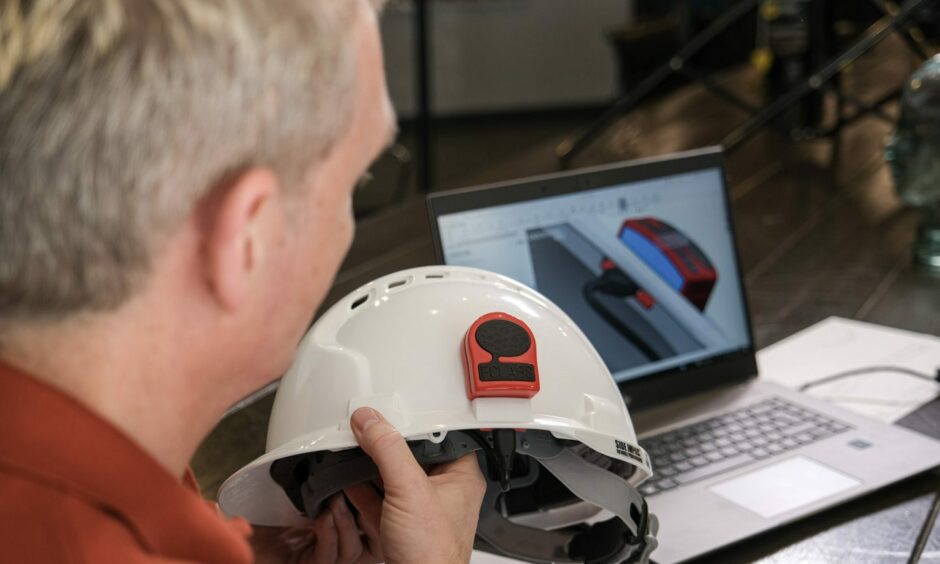A Fife firm is developing a “Fitbit for the brain” as it seeks to cut the number of workplace accidents.
FC Labs has created a non-invasive sensor which measures the performance of the part of the brain responsible for decision making and focus.
It hopes its wearable CoreTech device will be ready for the market by the end of 2023.
The blood flow and oxygenation levels data can give a warning of drops in concentration.
Those reasons could range from a lack of sleep, mental or physical fatigue to boredom, distraction or even dehydration.
Mathew Norbury is the founder and chief executive of the Dunfermline firm.
“We’re like a FitBit for the brain really,” he said.
“Instead of the 10,000 steps target which helped to get so many people more physically active we provide an easy to understand ‘score’ of your risk of error.
“This will fluctuate throughout the day completely naturally, but a host of factors could increase the risk of it becoming a problem and a cause of mistakes, accidents, injuries or fatalities.
“We help people to identify when these factors might be putting them at risk and encourage them to take appropriate action.”
Mr Norbury started work on the product early last year, with research from the University of Stirling.
‘It’s about keeping people safe’
It has raised about £500,000 of investment so far.
Mr Norbury said FC Labs‘ CoreTech device works with two tiny, non-invasive sensors.
He said: “When you’re being asked to focus or make decisions, the body sends oxygenated blood to the frontal cortex area brain, which is responsible for executive function.
“We track the volume and the oxygenation levels of blood of that area in the brain.
“That’s how we can track the fluctuation in cognitive performance.”
It then produces a report which a manager would be able to access via an app or dashboard.
“We provide the data that allows the company to keep their people safe and well,” he added.
“For the business, there’s benefits of having people who are healthy and happy, like increased productivity and decreased absenteeism.”
He stressed the product is not a performance monitoring tool.
“Ultimately it’s just about keeping people safe.”
Plans for Fife business to grow
The CoreTech is currently out for testing, and he hopes it will be market-ready by next autumn.
Mr Norbury said he’s had interest in the product from the USA.
“We were at the National Safety Council exhibition in San Diego recently and the interest over there was fantastic.
“We’ve got a really good pipeline of potential future customers.”
Going forward, he hopes to remain based in Fife and wants FC Labs, which has five staff, to have its own manufacturing capabilities in the future.
“That’s the plan and there’s such great support here,” he said.
“We’re keen to build the business here.”



Conversation